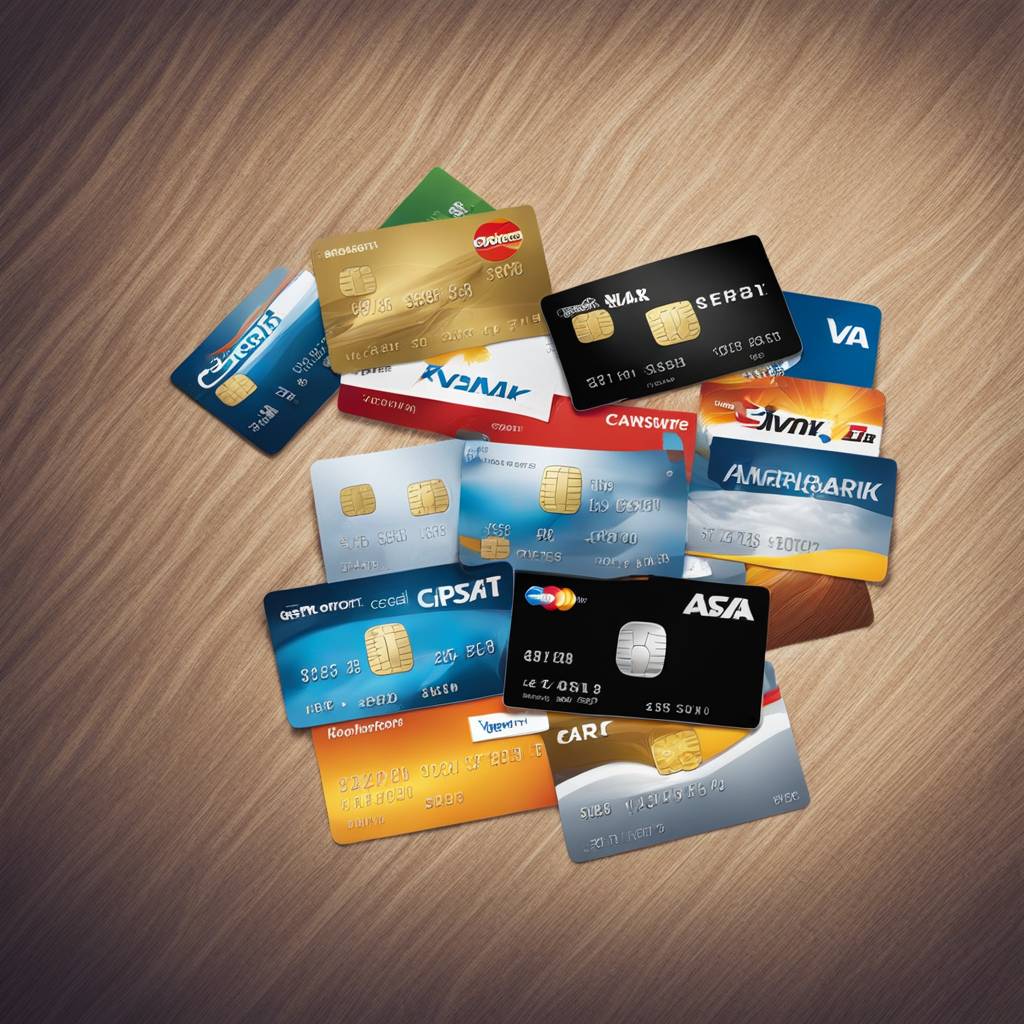Financial planners emphasize that the biggest mistake you can make with credit cards is carrying a balance every month. The high interest rates on credit cards, which currently average around 20.75%, make it an expensive option for borrowing money compared to other loans or mortgages. Carrying a balance can feel like “owing money to a loan shark,” according to financial analyst Noah Damsky. To avoid wasting money on interest, it is recommended not to carry an outstanding balance on your credit card if possible.
Making just the minimum payments on high-interest credit cards may not help much either. The typical minimum payment is mostly interest, meaning that it can be challenging to pay off debt quickly, even with regular payments. Minimum payments can prolong the amount of time you owe money and increase the total interest you pay. For instance, it could take more than 20 years of minimum payments to pay off a $5,000 balance on a credit card with a 20% APR, resulting in over $7,000 in interest payments.
To manage credit card debt effectively, it is essential to aim to pay off your credit card balance each month. Only use your credit card for expenses that you can afford to pay off relatively quickly, ideally within a month of the purchase. By doing so, you can avoid accruing interest, as most credit cards offer a grace period where interest won’t be charged if the balance is paid in full. Financial planners suggest using debit cards or emergency funds to avoid carrying a balance on a credit card if you cannot afford to pay it off.
If you already have credit card debt, it is recommended to pay it off as quickly as possible. One strategy is to consider a balance transfer to a credit card with an introductory 0% APR offer, which can give you more time to pay down your debt without accumulating additional interest. Financial planners advise maintaining an emergency fund of cash savings worth three to six months of expenses to cover unexpected costs and avoid unnecessary reliance on credit cards.
Despite the temptation to carry a balance on credit cards, financial advisors caution against this practice due to the high interest rates involved. Not paying off your balance each month can result in interest compounding over time, making it increasingly challenging to pay off the debt. Missing minimum payments can lead to additional fees, higher APRs, and negative impacts on your credit score, affecting your ability to secure favorable interest rates on loans or credit cards in the future.
In conclusion, managing credit card debt requires discipline and financial planning to avoid falling into a cycle of high-interest payments. By paying off your balance each month, using credit cards only for affordable expenses, and maintaining an emergency fund for unexpected costs, you can minimize the financial burden of credit card debt. Consider seeking advice from a financial planner or exploring options like balance transfers to reduce interest costs and expedite debt repayment.













